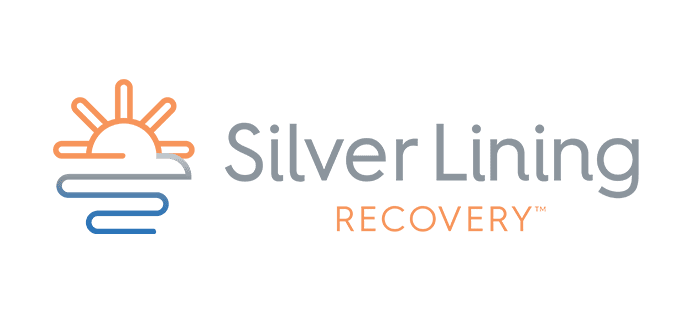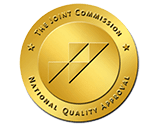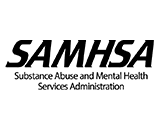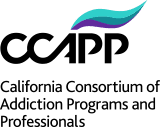One of the things that people all too often see as a barrier to getting drug or alcohol treatment is cost. Many people worry that going to rehab is too expensive, or that they won’t have the ability to pay. Then, when they don’t get treatment, unfortunately, their addiction worsens because it is a progressive, chronic condition. If you need drug rehab, some options will work for your budget.
We hear many questions: “are there free drug rehab centers,” and the answer is yes, although the treatment options are limited.
Even if you don’t go to free drug rehab, however, solutions like private and government insurance, payment plans, and other income based options for payment assistance to cover treatment costs are available for those who seek treatment.
The cost of not receiving treatment for substance use disorders, including alcohol addictions, will always end up being far more than the cost of treatment. Long-term recovery and addiction treatment are the best investment you can make in yourself and your life.
Are There Free Drug Rehab Centers?
There are some free or very low-cost drug rehab centers. These programs are usually state-funded, according to the Mental Health Services Administration. A state-funded rehab center uses government money. If they aren’t free, they’re generally very affordable.
Key things to know about government-funded drug rehab centers include:
- These programs are often for people with no insurance or inadequate insurance with limited payment options otherwise as a treatment for addiction.
- State-funded drug rehab facilities might provide detox, treatment, and support services during a recovery program for drug or alcohol use disorder.
- The programs might include inpatient and outpatient options and partial hospitalization for a continuum of care.
- The money state used to fund these programs can come from federal grants, Medicaid reimbursement, and directly from state budgets.
While government-funded rehab facilities can sound like a great option, there are caveats. First, the amount of state support available depends on where you live. There are also qualification requirements that you have to meet, and sometimes these can be complex.
Government-funded rehab centers are often part of other state services. They might, for example, be part of the criminal justice or child social services systems in your state.
Someone who hopes to qualify for state-funded addiction treatment might have to show proof of residence and income status, as well as personal information about their alcohol or drug addiction history.
What Are the Limits to Free Drug Rehab Centers?
Along with showing that you qualify for care under your state’s guidelines, there are other limits to a government-funded addiction treatment program.
- We touch on this above, but state-funded and free recovery services are for people who have low income and can’t afford to pay for addiction treatment in any other way privately.
- There are often long wait times for state-funded programs, including outpatient programs. One of the critical tenants of addiction treatment is that you’re able to get that treatment very soon. The longer you go without treatment, the worse your addiction can become. The effects on your life can become more damaging and difficult to reverse. Also, it’s essential to seek help quickly when someone is willing to receive it. That motivation or willingness to get help is often temporary. Free or inexpensive treatment programs may have six months or more waiting lists.
- When they go to a government treatment center, some patients feel that the primary goal is to get them in and out versus genuinely helping them in the long term. There are limited resources available to these centers to deliver a high level of care.
- Since the budget is limited, government-funded addiction treatment programs might not use modern approaches and methods simply because they don’t have access to the training needed to implement these evidence-based treatments.
- You have to give up some of your privacy because you have to share health and addiction-related information with the government to qualify for free drug rehab.
- There may be fewer offerings overall because of budget limitations. This means a state-funded rehab might not have high-end amenities, for example. Fortunately, these amenities don’t seem to make much difference in long-term treatment outcomes. Behavioral therapy and medication-assisted treatment are more important than amenities at a treatment facility.
Sometimes, there are low-cost or free drug rehab program options privately owned with government-run facilities. A free private rehab center will usually rely on grant money and private donations. You might be admitted entirely for free, or you might get a scholarship. Sometimes you have to pay a small portion out-of-pocket for substance abuse treatment.
Another free drug rehab option you can explore programs from religious organizations. For example, the Salvation Army operates the most free treatment facilities in the United States compared to any other program.
How Do You Pay for Rehab?
Even if you can’t qualify for free substance abuse and mental health treatment programs, you still have options.
First, if you have private insurance, it is required to cover addiction treatment and services for mental disorders the same way other medical services are covered. For example, insurance companies have to offer coverage for bipolar disorder that’s on par with coverage for physical health conditions.
Most health insurance plans, under the law, cover the cost of addiction treatment process but do so in a way that’s comparable to all other coverage. If you don’t know what type of coverage you have, you can have alcohol rehab centers or drug treatment centers verify it beforehand.
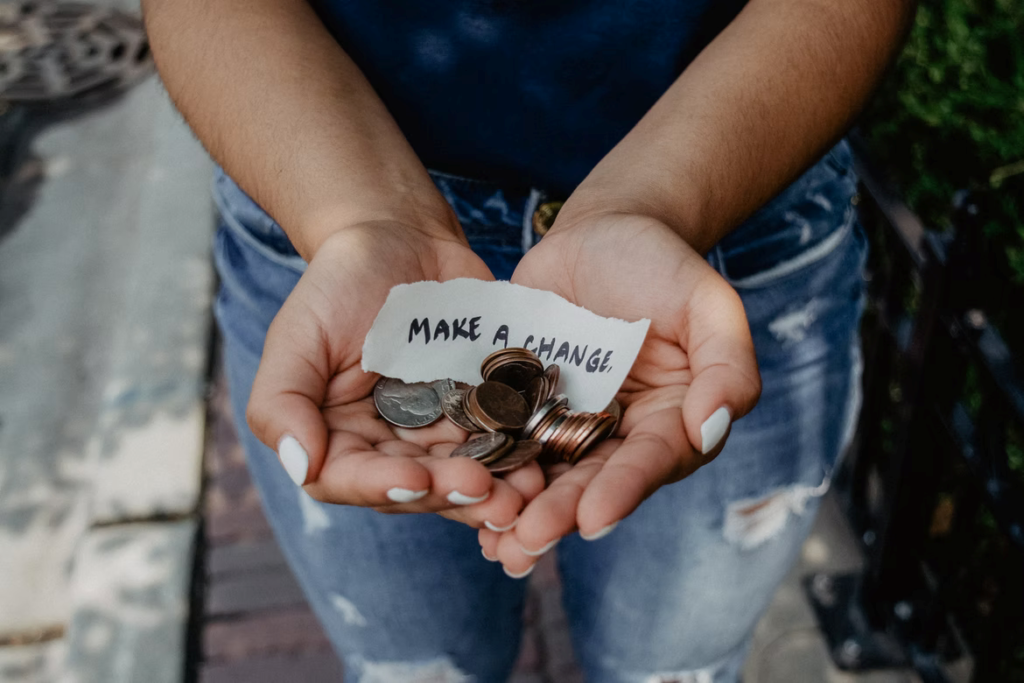
What About Public Health Insurance?
There are two main types of public health care in the U.S. There’s Medicare for people over the age of 65, younger people with specific disabilities, and people with end-stage kidney failure.
Under Medicare, you may receive treatment for some types of addiction. Coverage may also be available for counseling and behavioral treatments.
Medicaid is the other type of public health insurance if you otherwise lack insurance and qualify. Medicaid is government-funded and is a way for low-income people to get health insurance coverage.
You have to make under a certain amount of money to qualify for Medicaid.
12-Step Programs
Participating in a 12-step program isn’t the same as a comprehensive drug addiction treatment program, but it can be a free way to get help and support for some. Alcoholics Anonymous (AA) and Narcotics Anonymous (NA) are two of the most common types of a 12-step program.
A 12-step group has zero costs associated with participation and can help you live a healthy life. These programs provide simple ways to work through your addiction and toward recovery.
The problem is that a 12-step program may not be adequate to help you overcome addiction on its own. Instead, many people find that these programs work well as support after completing a rehab program.
There isn’t treatment if you have a co-occurring disorder and only participate in a 12-step program, which is a downside compared to inpatient rehab or an outpatient program.
Finding The Right Sponsor During Recovery
During the 12-Step portion of your recovery, it’s important to find a sponsor to help you through your journey. But this is no ordinary task, as a sponsor fills many vital, even life-saving needs. Not only is this person selected to help you through the 12-Step process, answer questions, and offer accountability – they become a lifeline in the sea of challenges you will face as you navigate sobriety. In fact, they say the relationship with your sponsor, is your first sober relationship – so choose wisely.
First, what is a sponsor? Technically, a sponsor is a member of Alcoholics Anonymous (AA) or Narcotics Anonymous (NA) who has been sober for at least a year at the minimum, who has successfully completed the 12-Steps and can help others do the same. A sponsor is also someone whom you can confide in and trust. Searching for a sponsor during recovery can be an intimidating experience for some people and many questions arise during this process such as:
– Can I trust this person?
– Is this person the right fit for my personality?
– What if they say no?
– Can my sponsor be someone I already know?
Other 12-Step programs may have different philosophies on sponsorship, but the core of the sponsor relationship is typically the same. Ultimately, this whole selection process all boils down to one big question – what’s the right kind of person for you? Below are some key points and thoughts to consider when choosing the right sponsor.
Online Treatment Programs
If you’re concerned about the cost and maybe you don’t have insurance coverage for any reason, you can explore an online rehab. The prices are typically lower than traditional rehab, including outpatient treatment. You may also qualify for reduced fees.
Most online rehab programs offer individual and group sessions led by counselors and tools for recovery.
You have to be reasonably self-disciplined for these programs and treatment plans to be effective for you.
How to Choose an Addiction Treatment Facility
Someone in an addiction rehab program should be getting the most comprehensive care possible, including a combination of medical, psychological, and social treatment modalities. Experts offer that patients entering a program should look for:
- A center that offers individualized treatment plans. A facility needs to assess the whole patient, including if the person has a co-occurring mental health disorder and needs additional specialized treatment.
- Whether or not the facility is accredited. The Joint Commission or the Commission on Accreditation of Rehabilitation Facilities (CARF) are independent, nonprofit organizations that base rehab accreditation on industry performance standards, patient safety, and demonstrated quality and value.
- The addiction treatment staff should have the proper licenses and credentials that meet (or exceed) nationally recognized standards for practice. Some licenses held by addiction treatment professionals may include titles such as CCDP Certified Co-occurring Disorders Counselor (CCDP) or Licensed Advanced Alcohol and Drug Counselor (LAADC). Find out more about credentials and licensing through the NAADAC, the Association for Addiction Professionals. The organization represents the professional interests of more than 100,000 addiction counselors, educators, and other addiction-focused health care professionals in the United States, Canada, and abroad. You can also check California’s local state licensing and certification standards for information.
If you aren’t sure where to get started, call 866-681-0927 and contact the Silver Lining Recovery team. We can help you learn more about the costs of rehab and what you should expect as far as paying for treatment and the options available to you. Our goal is to deliver effective treatment methods for active addiction and make it as accessible as possible.
